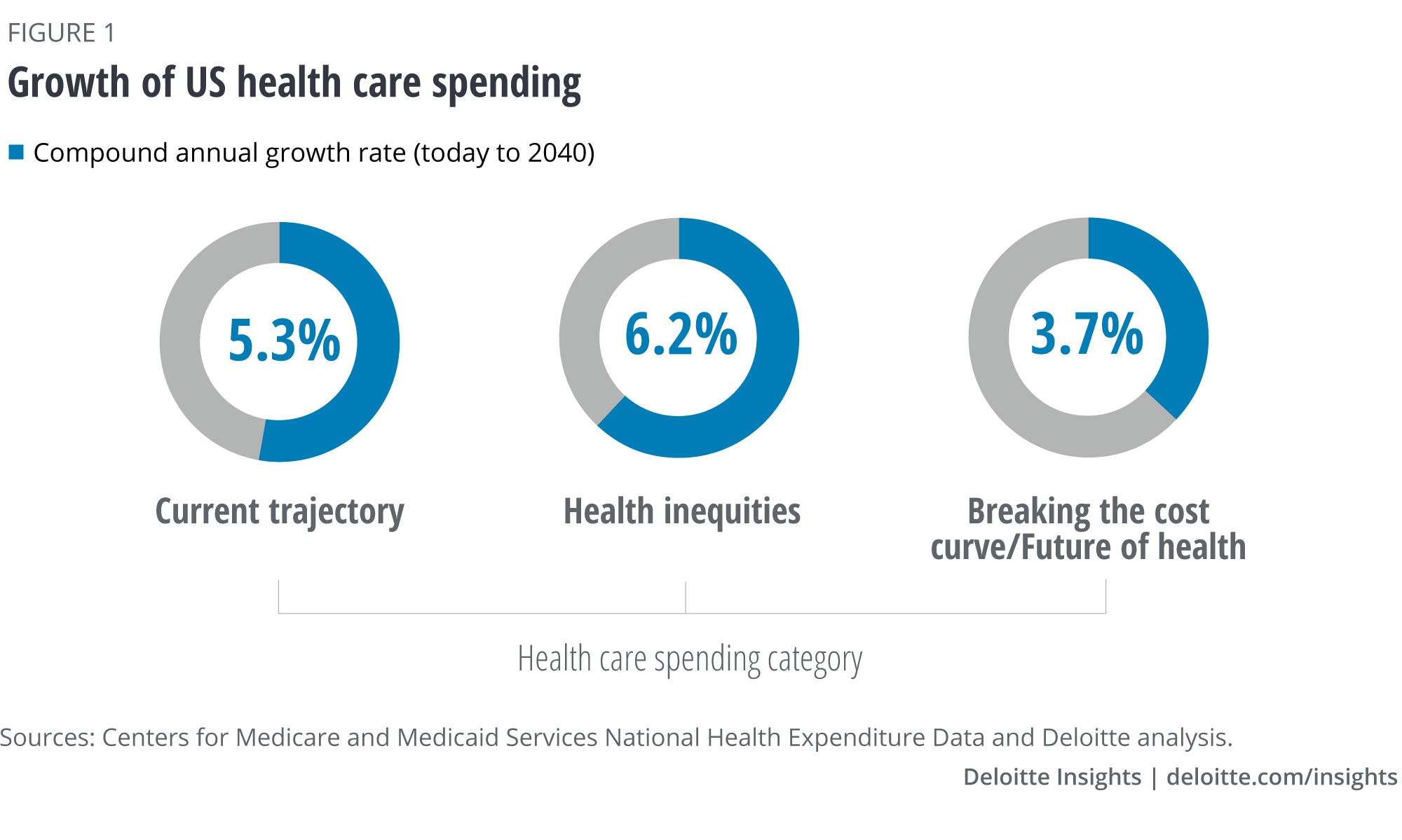Higher Bids, Higher Risks: Stock Investors Anticipate More Market Challenges

Table of Contents
Inflationary Pressures and Their Impact on Stock Prices
Rising inflation significantly erodes purchasing power, impacting both consumers and corporate profits. As prices for goods and services increase, consumers have less disposable income to spend, potentially leading to decreased demand and slower economic growth. This, in turn, affects corporate profitability as businesses face rising input costs and potentially reduced sales. Furthermore, to combat inflation, central banks often raise interest rates. Higher interest rates increase borrowing costs for businesses, making expansion and investment more expensive, and impacting stock valuations. This often leads to a decrease in stock prices as investors become more cautious.
- Increased cost of goods and services impacting consumer spending: Higher prices for essentials like food and energy reduce consumer spending, impacting corporate revenue streams.
- Central bank responses leading to higher interest rates: Increased interest rates make borrowing more expensive, impacting corporate investments and potentially slowing economic growth.
- Reduced corporate profit margins due to rising input costs: Companies face squeezed profit margins as the cost of raw materials, labor, and energy increases faster than they can pass on those costs to consumers.
Geopolitical Uncertainty and Market Volatility
Global events, such as wars, political instability, and trade disputes, significantly impact market sentiment and investor confidence. These geopolitical risks introduce uncertainty into the market, leading to increased volatility and unpredictable price swings. Investor confidence is shaken, leading to a flight to safety, where investors move their money into less risky assets like government bonds. This can cause significant drops in stock prices, even for fundamentally sound companies.
- Examples of recent geopolitical events and their market impact: The ongoing war in Ukraine and rising tensions in other parts of the world have contributed to market uncertainty and volatility.
- Increased market volatility leading to unpredictable price swings: Rapid and unpredictable changes in asset prices make it difficult for investors to accurately assess risk and potential returns.
- Impact on investor sentiment and risk appetite: Geopolitical uncertainty often leads to decreased investor confidence and a reduced appetite for risk, impacting stock prices.
Assessing Risk Tolerance and Diversification Strategies
Before making any investment decisions, understanding your own risk tolerance is paramount. Investors with a higher risk tolerance might be comfortable with more volatile investments, while those with a lower risk tolerance may prefer safer, less volatile options. Effective diversification is crucial for mitigating risk. This involves spreading your investments across various asset classes (stocks, bonds, real estate, etc.) and sectors to reduce the impact of any single investment underperforming.
- Importance of a well-diversified portfolio across different asset classes: A diversified portfolio helps reduce overall portfolio volatility and protect against significant losses in any single asset class.
- Strategies for managing risk, including hedging and stop-loss orders: Hedging techniques can help protect against potential losses, while stop-loss orders automatically sell an asset when it reaches a predetermined price.
- Importance of consulting with a financial advisor to create a personalized strategy: A financial advisor can help you assess your risk tolerance, create a diversified portfolio, and develop an investment strategy tailored to your specific needs and goals.
Analyzing Potential Investment Opportunities Amidst Higher Risks
Even in challenging market environments, there are still potential investment opportunities. However, thorough due diligence is essential. Certain sectors, considered more defensive, like consumer staples or utilities, might offer relatively better risk-adjusted returns during periods of economic uncertainty. Similarly, commodities can act as an inflation hedge, potentially preserving purchasing power.
- Examples of potentially resilient sectors (e.g., defensive stocks, commodities): These sectors often exhibit less volatility than others during market downturns.
- Importance of fundamental and technical analysis: A thorough understanding of a company's fundamentals (financial health, competitive advantage) and technical indicators (price charts, trading volume) is crucial for identifying undervalued assets.
- Identifying undervalued assets with strong long-term potential: Focusing on companies with solid fundamentals and a strong growth trajectory can offer attractive long-term returns, even amidst short-term market challenges.
Conclusion
The current market presents significant challenges, with inflation, geopolitical uncertainty, and the resulting higher bids contributing to higher risks. Navigating this environment requires cautious optimism and informed decision-making. Understanding your risk tolerance, diversifying your portfolio, and conducting thorough research are essential for success. Remember, adopting a long-term investment perspective is crucial for weathering market fluctuations. To effectively manage the challenges of higher bids and higher risks, conduct thorough research, consult with a financial advisor, and develop a robust investment strategy tailored to your individual circumstances. For further reading, consider exploring resources on risk management and portfolio diversification. By carefully considering the interplay of higher bids and higher risks, you can position yourself for success in the ever-evolving stock market.

Featured Posts
-
 The Economic Fallout Assessing Trumps Impact On Americas Financial Power
Apr 22, 2025
The Economic Fallout Assessing Trumps Impact On Americas Financial Power
Apr 22, 2025 -
 Navigating The Chinese Market Bmw Porsche And The Future Of Luxury Car Sales
Apr 22, 2025
Navigating The Chinese Market Bmw Porsche And The Future Of Luxury Car Sales
Apr 22, 2025 -
 Strengthening Bilateral Security China Indonesia Relations
Apr 22, 2025
Strengthening Bilateral Security China Indonesia Relations
Apr 22, 2025 -
 Final Days Of Pope Francis Pneumonia And Passing At 88
Apr 22, 2025
Final Days Of Pope Francis Pneumonia And Passing At 88
Apr 22, 2025 -
 The Karen Read Trials Key Dates And Events
Apr 22, 2025
The Karen Read Trials Key Dates And Events
Apr 22, 2025
